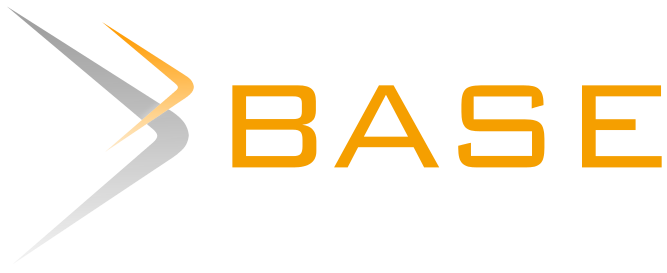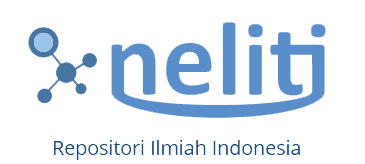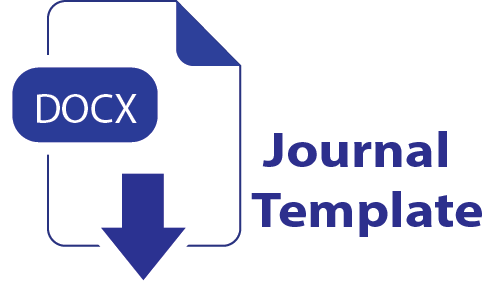Unveiling the Role of Time Pressure and Emotional Exhaustion in Shaping Work-Life Balance and Loyalty Among Female Working Students
DOI:
https://doi.org/10.36982/jeg.v8i3.3704Abstract
Objective: The objective of this research is to determine the effect of time pressure, emotional fatigue on work-life balance and loyalty in working female students.
Design/Methods/Approach: The study was conducted on working women who are students at the Sekolah Tinggi Ilmu Ekonomi Indonesia Jakarta in the employee class. The number of sample is 202. Data collection was carried out by survey method by distributing questionnaires to respondents. Subsequently, the data obtained were processed using the SEM PLS method.
Findings: There is no influence of time pressure on loyalty, there is an influence of time pressure on Work-life Balance (WLB), there is no influence of emotional pressure on loyalty, there is no influence of emotional pressure on WLB, there is an influence of WLB on loyalty, there is an influence of time pressure on loyalty through WLB, and there is no influence of emotional pressure on loyalty through WLB.
Originality/Value: The novelty of this research is that no research has been found that examines WLB among female workers, especially those currently studying, and its impact on loyalty.
Practical/Policy implication: The implication of the findings of this research is that the results of the research can be used as an alternative in making human resource strategy decisions, especially in increasing WLB and loyalty of female workers who are currently studying. This includes managing workload and time so that female workers can have WLB and ultimately be loyal to the company.
Downloads
Published
How to Cite
Issue
Section
License
Copyright (c) 2024 Diah Pranitasari

This work is licensed under a Creative Commons Attribution-ShareAlike 4.0 International License.
Authors who publish with this journal agree to the following terms:
- Authors retain copyright and grant the journal right of first publication with the work simultaneously licensed under a Creative Commons Attribution License   that allows others to share the work with an acknowledgement of the work's authorship and initial publication in this journal.
- Authors are able to enter into separate, additional contractual arrangements for the non-exclusive distribution of the journal's published version of the work (e.g., post it to an institutional repository or publish it in a book), with an acknowledgement of its initial publication in this journal.
- Authors are permitted and encouraged to post their work online (e.g., in institutional repositories or on their website) prior to and during the submission process, as it can lead to productive exchanges, as well as earlier and greater citation of published work










